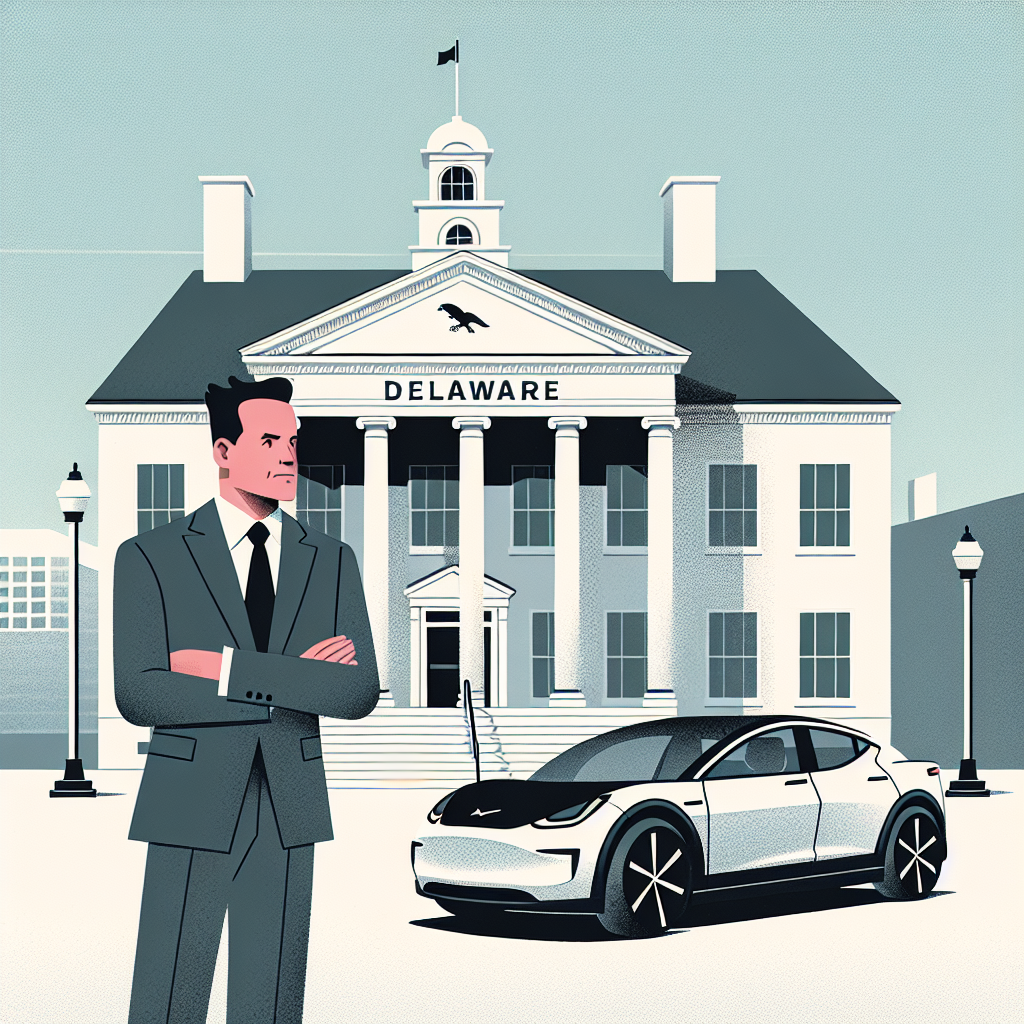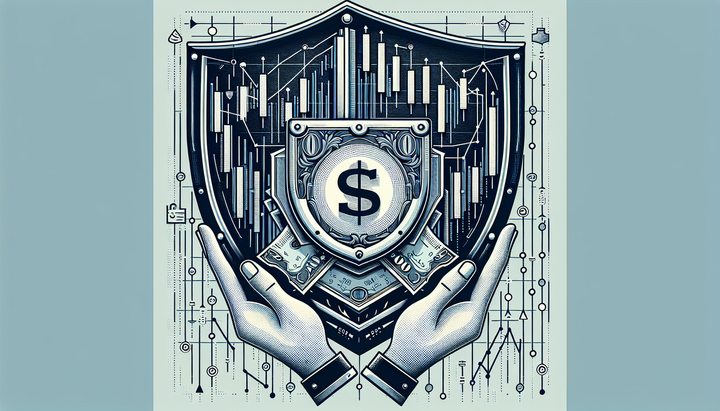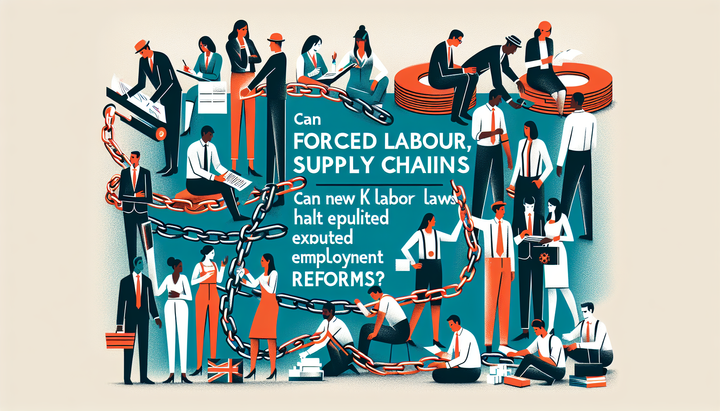Elon Musk's $56 Billion Tesla Pay Package Rejected Again by Delaware Court

Introduction: A Legal Setback for Elon Musk
In a major development for Tesla and its enigmatic CEO, Elon Musk, a Delaware court has once again struck down a record-breaking pay package valued at $56 billion, making it one of the most talked-about legal confrontations in the corporate world. The ruling offers a significant precedent in corporate governance, drawing attention from business leaders and legal experts globally.
Background of the Controversial Pay Package
The origins of this unprecedented compensation package go back to 2018, when Tesla shareholders approved what was supposed to be the largest executive payout in corporate history. Designed to incentivize Musk while driving Tesla's aggressive growth, the package was tied to achieving various operational and financial milestones.
Judge McCormick's Verdict
Presiding over the case, Judge Kathaleen McCormick expressed skepticism about the independence of Tesla's board. Her ruling suggested that the board was overly influenced by Musk, thereby failing to fulfill its fiduciary duties to the shareholders. Despite a majority shareholder vote approving the pay, she found the package disproportionate and outside what is deemed reasonable according to standard corporate governance practices.
Reactions and Implications
The decision drew immediate criticism from Elon Musk, who took to the social platform X (formerly known as Twitter), declaring that shareholders, not judges, should govern company votes. Tesla has promised to appeal the decision, arguing that if left unchallenged, the ruling effectively hands control of Delaware-based corporations to judges and attorneys.
Beyond Tesla, the ruling underscores the ongoing debate about the power dynamics within corporate boards, especially those led by charismatic and influential CEOs like Musk. The outcome of this high-profile case could redefine future executive compensation structures, especially in high-growth sectors.
Legal and Financial Repercussions
Judge McCormick’s ruling also involved a financial award to the shareholder who initiated the lawsuit, reallocating legal fees amounting to $345 million. However, the court did not grant this shareholder any portion of the initial $5.6 billion in Tesla shares requested.
Legal experts express that a decision in favor of Musk could have severely weakened conflict of interest laws, which aim to protect all investors, including minority stakeholders. Charles Elson, from the University of Delaware's Weinberg Center for Corporate Governance, praised the court's detailed rationale, highlighting the lack of board independence and the excessively generous terms of the compensation package.
Future Strategies for Tesla
As Tesla transitions its legal base to Texas, observers speculate on Musk's next moves. There are suggestions that Tesla might attempt to develop a restructured compensation plan that aligns with Texas's corporate governance norms, seeking shareholder backing once more.
This ongoing legal battle highlights the crucial balance of power between corporate governance structures and executive leadership, setting a keystone for how future high-profile compensation packages might be treated by the courts.
Conclusion
This ruling not only impacts Musk and Tesla but also sends ripples throughout the corporate world regarding board accountability and the benchmarks for executive rewards. As the appeal process unfolds, stakeholders and business analysts alike will be watching closely to see how the scales of justice tip in determining fair executive compensation.



Comments (0)